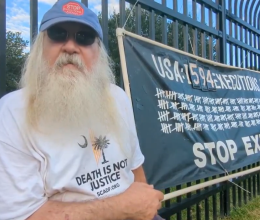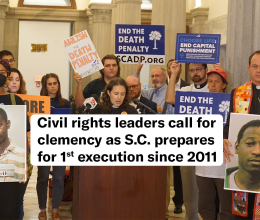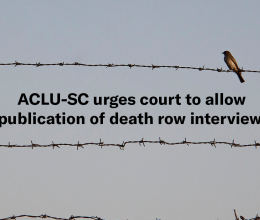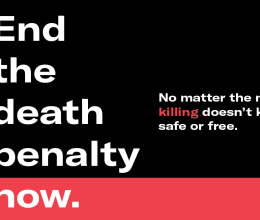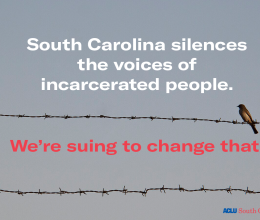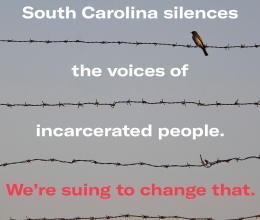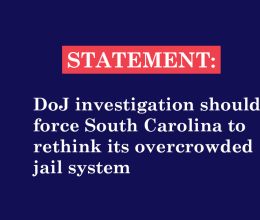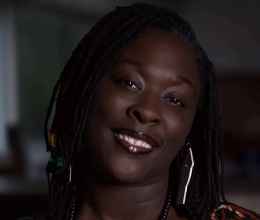
This past weekend, people protesting in Charleston for racial justice and against police violence were again met with police violence. This has become a disturbing pattern.
This recent police escalation comes nearly three months after Charleston area law enforcement departments, including the Charleston Police Department, participated in mass police violence on May 31 in Marion Square, deploying potentially lethal weapons against people peacefully protesting. And, later that night area law enforcement continued their violence against Eastside community members.
Our city leaders must not allow this police brutality to continue. Our repeated calls (here and here) for accountability have been met with silence from Charleston Police Chief Reynolds and other local and statewide law enforcement leaders whose officers have repeatedly executed this violence against protestors. It is unconscionable that law enforcement have chosen to respond to community concerns about police violence with silence.
It has been over eight months since the publication of the CPD racial bias audit, which found, among other things, that Black community members were 2.8 times more likely to face the use of force from CPD officers. Despite these serious concerns documented in the audit, 2020 CPD data continues to paint a disturbing picture. For example, while Black and white people use marijuana at roughly the same rate, so far this year Black people are approximately 8 times more likely to be arrested for marijuana possession and 10 times more likely to be cited in Charleston. And, these disparities have increased over the 2019 disparity rates.
The recent police violence coupled with the continued massive racial disparities in the enforcement of our laws is a contradiction of city leaders’ claims to be invested in racial justice.
Over the past several years, the City of Charleston has taken steps to demonstrate to the community a concern for racial justice, including apologizing for its role in slavery, commissioning a racial bias audit of the police department, establishing the “Special Commission on Equity Inclusion and Racial Reconciliation,” and removing the Calhoun monument from Marion Square.
Now is the time to follow these gestures with concrete actions to reduce harms enacted on Black people in Charleston. In the birthplace of America’s first police force which was originally established as a slave patrol, this expansion of policing is a direct dismissal of the outcries of Black people who continue to be oppressed by the racist foundation and structure of policing in Charleston.
Law enforcement’s perpetuation of these violent attempts to silence their critics serves as an important reminder that our policing system isn't broken — it's working as it was designed. Police actions this past weekend made another great case for why we must drastically reduce the role of policing in our society, especially in communities of color that historically have been over-policed.

